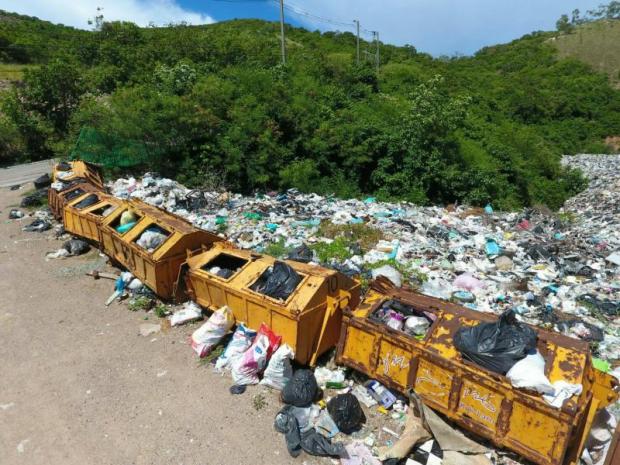
Lowering the use of plastic bags and single-use plastic products and adopting more natural-made materials are some of the latest practices being pushed by the government to promote green tourism in Thailand.
Officials working at tourism agencies are required to set an example for the campaign.
During the annual meeting of the Tourism Authority of Thailand last month in Nakhon Pathom province, all TAT workers were asked to bring their own bottles for refilling drinking water and wear outfits made from national products like silk and cotton.
Such lifestyle changes have also been advised for those working in the tourism industry, be it public or private agencies.
"The TAT must lead the industry to raise environmental awareness," said Tourism and Sports Minister Weerasak Kowsurat. "The move comes in response to global trends and tourist behaviour, which is now geared towards environmental concerns."
The green tourism campaign has the ambitious goal of improving the country as a quality tourism destination, the minister said.
Some provincial TAT offices adopted the green tourism mindset months ago. For instance, the TAT's Loei office ran a related campaign for visitors to Phu Kradueng National Park from May to June.
The campaign, "Phu Kradueng Go Green: Go Clean: Go Grow", includes activities such as clean-ups and tree plantings in the park and its environs.
The Tourism Department has built and renovated hundreds of public toilets at attractions and rest areas. Those activities are set to be extended to tourism spots across the country.

Huge piles of garbage on Koh Lan in Chon Buri province. TREENAI CHANSRICHON
Eco-friendly hotels
In the hotel industry, consumption of plastic containers and single-use items such as straws, forks and spoons is high, leaving tonnes of plastic waste in major tourism areas like Bangkok, Phuket and Koh Samui.
These destinations generate tonnes of garbage each day, polluting the water, creating foul odours and spoiling scenery, said Supawan Tanomkieatipume, president of the Thai Hotels Association (THA).
To catch up with global trends on environmental preservation, hotel members have started adopting green tourism strategies, first and foremost, by lessening plastic consumption, Mrs Supawan said.
"Some hotels have already installed water coolers in their lobbies," she said.
The THA also plans to encourage hotels to grow organic produce on their properties if possible.
Mrs Supawan said it's vital for Thai hotels to go green because the natural tourism trend is growing.
For those hotels that have made the switch, like Baan Talay Dao Resort in Hua Hin, the change has benefited their properties significantly, including higher room rates and lower operating costs.
"Up to 95% of my guests are from Europe," said Udom Srimahachota, managing director of the resort. "They stay at my property because they love the environment here."
Ittirit Kinglake, president of the Tourism Council of Thailand, said hotels and resorts are able to reduce operating costs by 7-15% annually if they put effort into environmental issues.
Mr Ittirit said he believed that many tourists, especially from Europe and some Asian countries like Japan, are now exclusively looking for green hotels. This trend will attract business and improve the image of operations, he said.
Locals get involved
Local communities have also sought to transform their tourism attractions in long with the green trend.
Tat Ton National Park in Chaiyaphum province is considered among the best places for natural site management. Officials have put a focus on ensuring that the waterfalls there are flowing year-round.
Additionally, Tat Ton National Park has created a network between the related agencies and communities to promote natural resources sustainably.
Another place is the Tourism Network Community in Mae Hong Son province. This community-based tourism network enterprise has also adopted the sufficiency economy concept.
Green accreditation
The Department of Environment Quality Promotion of the Natural Resources and Environment Ministry in 2015 launched the Green Hotel standard to promote environmentally friendly hospitality services that are energy-efficient.
Gold, silver and bronze standards are granted to hotels that receive the department's Green Hotel Standard. That certification is good for two years.
There were 45 hotels across the country that were certified in 2015; 53 in 2016; and 74 in 2017.
On a regional level, Asean Tourism Standards Awards have been given to 47 hotels in the region.
Tourism operators have been urged to upgrade their products and services to strengthen competitiveness and help develop inter-regional green tourism.
Intra-Asean travel accounted for 42% of total international arrivals in 2017. The average length of stay was 7.98 days, and tourism revenue in the 10 member countries was estimated at US$93 billion (3.08 trillion baht) last year.